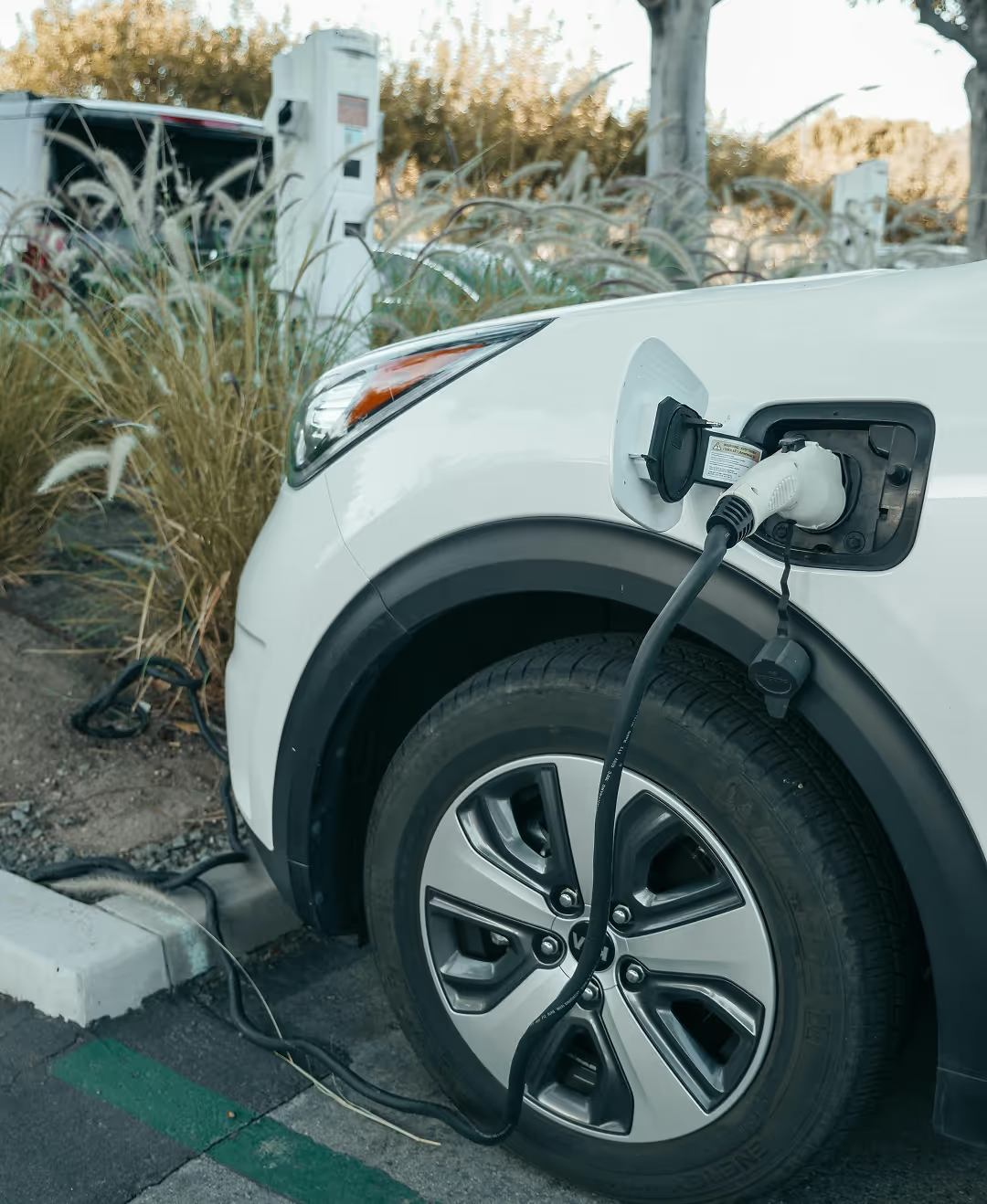

We provide our clients with both domestic and commercial EV charging installation throughout the Greater London area. No job is too big or too small, whether you’re looking for a single charge point install at home or need multi-charger installation at your place of business.
For a domestic single charge point installation, it should take approximately three hours to complete the work. The charger itself is typically fixed to either an exterior wall or in the garage where applicable. The cable is run from the charger to the electricity meter, with the charger then connected to your WiFi network.
We will show you how to connect the charger to your car and how all the software works, running through the installation from start to finish so that you’re confident you know how to use it on your own.
Most properties should be able to have an electric car charger installed at home but there are a few boxes you’ll need to tick to ensure that you are eligible.
Firstly, it is likely that you will need to have off-road parking, whether that’s a dedicated driveway or a garage, and it will need to be connected to the house.
If your off-road parking space is not within the property boundaries, it’s unlikely that you’ll be able to have a charger installed. You will also need to obtain your landlord’s permission for the installation if you live in a rented property.
Good WiFi connection is also essential and you will need to have sufficient electrical capacity to be able to charge your vehicles. Always verify the capacity of your property before buying a charger so you know it’s able to support the charger installation.
Before investing in an EV charger, it’s important to assess the affordability of doing so. The good news is that, although there are initial costs you’ll need to cover, your investment will pay for itself over time, as it’s cheaper to charge your car at home than it is at a public charging station.
The amount you’ll pay to charge your vehicle at home will depend on how much you drive and the cost per kW on your electricity tariff. Note, as well, that there are different EV batteries on the market and this can have an impact on charging rates.
According to watchdog Which?, domestic off-peak EV rates are typically 7p per kWh, which works out at 2p per mile. Standard rates are typically 22.36p per kWh, which equates to 7p per mile.
To help people cover the costs of EV charging installation, the government has set up two grants for residential projects.
The EV ChargePoint grant replaced the Electric Vehicle Homecharge scheme in 2022, which is aimed at people living in rental properties or who own flats. Here, a reduction of £350 can be applied, or a 75 per cent discount on the purchase and installation costs of a socket, whichever is less.
The On-Street Residential charge point scheme gives local authorities access to funding for providing partial financing for on-street charging infrastructure to meet the needs of local residences where off-street parking isn’t available. Councils are able to cover up to 60 per cent of the costs of installing these public charging points.
Contact us today to receive your free quotation with no strings attached.
Get a Quote